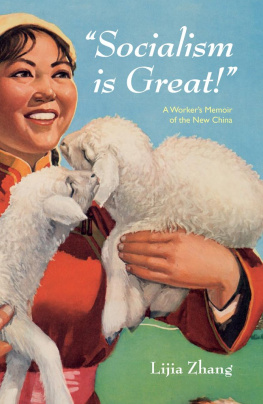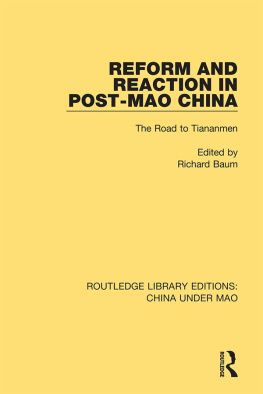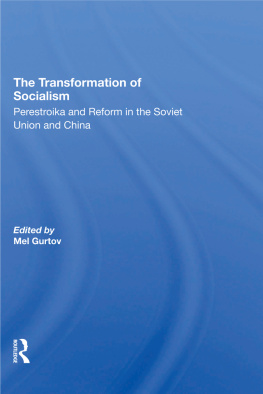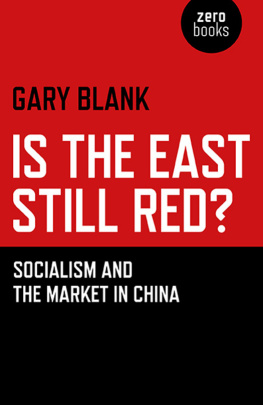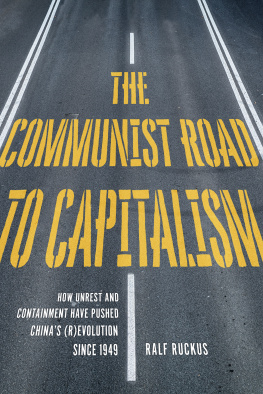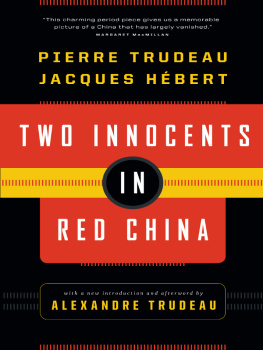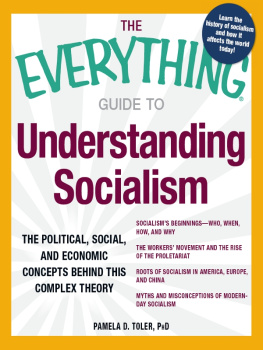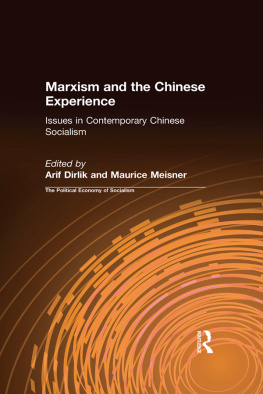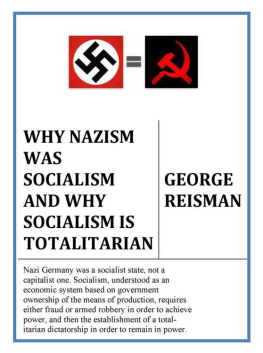Praise for Lijia Zhangs Socialism Is Great!
This affecting record of individual striving and fulfillment reminds us, with humor and insight, how the growth of sensibility in unfavorable circumstances remains one of our most pleasurable literary experiences. Set against Chinas breathless recent transformation, Socialism Is Great! offers a rare and intimate glimpse of a country and culture that are now reshaping our world.
Pankaj Mishra, author of
An End to Suffering and The Romantics
This revealing memoir will have readers rooting for Zhang as she fights her way out of an oppressive system.
Booklist Magazine
Lijia Zhang has written a remarkable memoir about coming of age at the start of Chinas historic reform era. The early to mid-1980s are a period that many have overlooked. Caught between the national trauma of the Cultural Revolution and the upheavals of Tiananmen Square, it was when a nation awoke to its possibilities. In one of the few memoirs of this key period, Ms. Zhang personifies the countrys restlessness and boundless energy. Born into a working class family, she inherited a routine job in a rocket factory. Like the rest of China, she wasnt satisfied with this predictable but stultifying life and pushed outward. Lively written with a lot of humor and brushes with the law, her story is that of a generationthe one that created the China that so fascinates the world today.
Ian Johnson, author of Wild Grass
Beautiful a remarkable memoir. A notable historical document and a vivid, affecting portrait of a young womans resolve.
Kirkus Reviews
Lijia Zhangs book is gentle, funny and wry. A lovely addition to some very fine contemporary writing coming out of China. I enjoyed it tremendously.
Arundhati Roy
Socialism Is Great! is guaranteed to leave you moved and uplifted by Lijia Zhangs determination to make the life she wanted.
Hari Kunzru
Zhangs memoir, with its arc of resistance and personal struggle written in fluent English peppered with dated Chinese idioms, begins where those older memoirs leave off. She seems to suggest that in the 1980s, Chinese politics had evolved enough that they could be a quixotic diversion for a restless and headstrong girl.
Joseph Kahn, The New York Times Book Review
Lijia Zhang is a persistent romantic navigating the bleak, concrete mess of 1980s China [and] a feisty narrator with a knack for fresh visual imagery. Her writing provides a window into the good humour, insecurities and perseverance that drive many Chinese of her generation today.
Sydney Morning Herald
Lijia Zhangs Socialism Is Great! is a superb new memoir of the opening and reform period, perhaps the best available in English.
Nick Frisch, Far Eastern Economic Review
This gripping and unflinchingly honest memoir traces the trials and triumphs of one courageous Chinese factory worker who came of age in the 1980s. Zhang Lijias battle with a host of adversities is ultimately the story of how idealism and romance can flourish in a cold, hard soil.
James Kynge, author of
China Shakes the World and The Elephant and the Dragon,
former Beijing bureau chief, The Financial Times
Lijia Zhangs
Socialism Is Great!
Lijia Zhang was born and raised in Nanjing. Her articles have appeared in many international publications, including South China Morning Post, Japan Times, the Independent (London), The Observer, New Statesman, and Newsweek. She is a regular speaker on BBC Radio and NPR. She now lives in Beijing with her two daughters.
FIRST ANCHOR BOOKS EDITION, MAY 2009
Copyright 2008, 2009 by Lijia Zhang
All rights reserved. Published in the United States Anchor Books, a division of Random House, Inc., New York, and in Canada by Random House of Canada Limited, Toronto. Originally published in hardcover in the United States by Atlas & Co. Publishers, New York, in 2008.
Anchor Books and colophon are registered trademarks of Random House, Inc.
Grateful acknowledgement is made to the following for permission to reprint previously published material: Yale University Press: Assembly Line by Shu Ting, translated by Michele Yeh, from The Anthology of Modern Chinese Poetry. New Directions Publishing: The Answer by Bei Dao, from the original Chinese by Bei Dao, from The August Sleepwalker, copyright 1988 by Bei Dao, translation copyright 2008 by Bei Dao. Reprinted by permission of New Directions Publishing Corp.
The Cataloging-in-Publication Data is on file at the Library of Congress.
eISBN: 978-0-307-79388-1
www.anchorbooks.com
v3.1
To Zhou Fang, who did most of the pushing
to get this frog out of the factory well.
A frog in a shallow well says to a turtle from the Eastern Sea: How happy I am! Sometimes I jump into the well; at other times I rest on a broken brick inside. When I swim, the water in the well comes up under my arms and supports my chin; when I leap, the mud covers my feet. I look around and see that none of those insects, crabs, or tadpoles are better off than me. Besides, I alone have the whole well, the whole pleasure of the well. This is the highest plane in life! Why dont you often come here to visit and broaden your horizon?
The turtle accepts the invitation. He lowers his right leg into the well. But before he can put his left leg in, he realizes the well is too small and has to give up. Then the turtle tells the frog in the well about the sea. The long distance of ten thousand li is not enough to describe the greatness of the sea; eight thousand inches is not enough to describe its depth. During the Dayu period, there were floods for nine out of ten years, yet the sea didnt rise. During the reign of Emperor Tang in the Shang Dynasty, there were droughts for seven out of eight years, yet the sea didnt fall. The sea will not change over time and will not rise or fall because of floods or drought. It is the joy of living in the Eastern Sea!
Upon hearing this, the frog is truly surprised. It then feels disappointed and lost for a long time.
Zhuang Zi, Chinese philosopher, fourth century BCE
Contents
Chapter 1
Inheritance
Would you like to be a worker, if you have a chance?
Of course not, Ma. Why? I answered my mother flatly, without even looking up from my homework. To be a worker? What an odd question! I was only sixteen, in my first term at senior middle school, and I was doing well.
Across the table, Ma tugged threads into a tassel for an Islamic prayer mat, made for export. For years we had been taking in embroidery work for sorely needed extra cash. Nai, my grandma, also clutched a prayer mat to embroider, but had dozed off. She dozed off more often now. If we asked her to go to bed she would straighten up and resume her work, only to fall asleep again within minutes.
Not even working at a first-class enterprise like Liming, a real iron rice bowl? Ma had spent her entire working life at Liming Machinery Factory, the largest state-owned enterprise in our city, Nanjing. Under the authority of the Ministry of Aerospace Industry, our factory had nearly ten thousand employees. Its prestige derived from not only its scale but also its status as a military factory. With free services from nurseries to cremation, and countless bowls of rice in between, the life of a state employee meant cradle-to-grave security. Plus free showers and subsidized haircuts.
Next page
